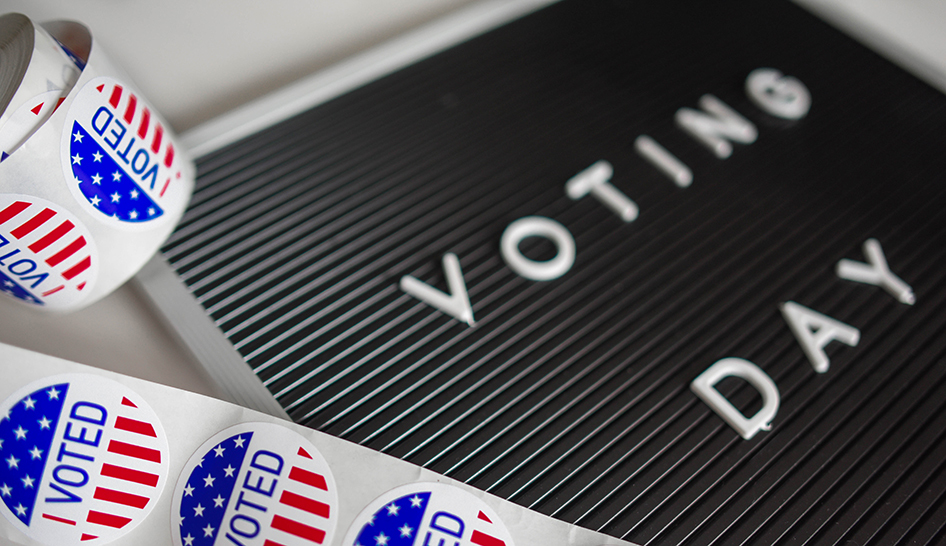Federal
With midterm elections in the rearview mirror, Congress is back in D.C. for the start of what’s known as the “lame duck” session. Now, this may sound, well, lame, but that couldn't be further from the truth. This lame duck session is PHIT’s last and best chance to get through the Senate during the 115th Congress. Act now! It’s not too late! Together we can make PHIT a reality!
State
This week, seven more states’ pre-filing periods have opened, allowing even more legislators to introduce their proposals before the upcoming session begins. So far, 15 states’ pre-file windows are open. These pre-file bills mark the early start of the 2019 state legislative sessions, and IHRSA is tracking these pieces of legislation and identifying the early trends.
Data Privacy
One trend continuing from 2018 is legislators’ interest in how businesses handle individual’s personal data. New Jersey has two data privacy bills that affect how businesses handle the personal information they collect.
Bill S.2834 would require that commercial internet websites and online services notify consumers of the collection and disclosure of personally identifiable information and allow customers to opt out, while Assembly Bill 4640 includes disclosure and notification provisions for businesses that collect consumers' personal information.
New Jersey is a good indicator this trend will continue, and we expect to see a lot of bills addressing data privacy in the 2019 session.
Tax Revenue
Once again tax revenue is a main fixture of many states’ concerns and sales tax is where they are turning for help.
The good news is in Arizona, voters passed Proposition 126, an initiative to ban any new tax on services or hikes on an existing service tax. Missouri passed a similar ban in 2016. This is welcome news as Arizona has not previously taxed health clubs, but considered expanding their sales tax during the 2018 legislative session.
The bad news is Utah, Idaho, and Nebraska approved Medicaid expansions by ballot initiative. Why could this be bad for your business? Well, Idaho and Nebraska did not stipulate how the expansion would be paid for, which could put sales tax expansion on the table in both states. As for Utah, the state’s initiative will increase the state sales tax rate on items other than food to 4.85%—up from the current 4.7%—to pay the state’s share.
Contract Restrictions
In Washington, D.C., members of the D.C. Council are considering legislation (B22-0020) that places restrictions on automatic renewal contracts, adding new notification and disclosure requirements. IHRSA is working to amend this bill to better serve the interests of consumers and operators.
We expect to see more sales tax and consumer protection bills in the upcoming 2019 legislative sessions at the state level across the country.
As always, if you have a question or concern about any legislative issues impacting the health and fitness industry nationally or locally, email the IHRSA team. In the meantime, we’ll continue to analyze the action, so you know when to take yours.

